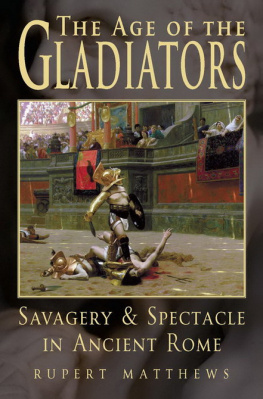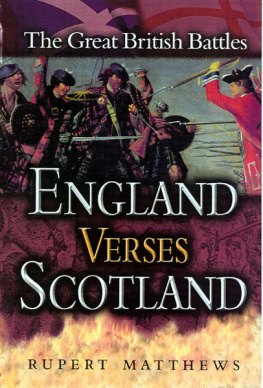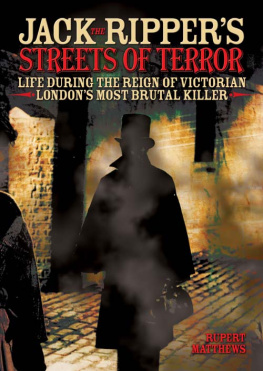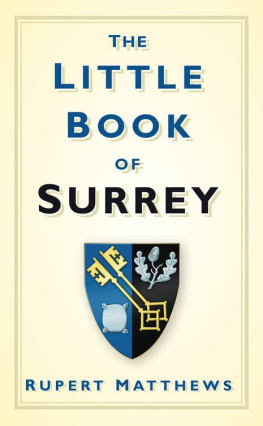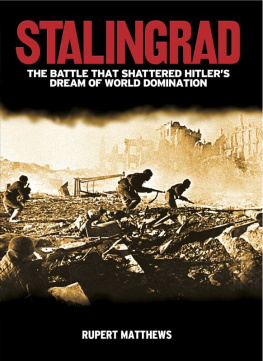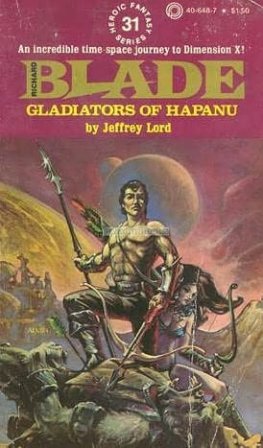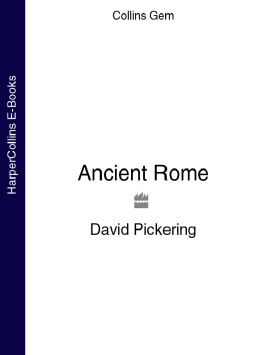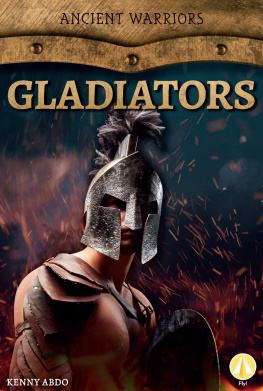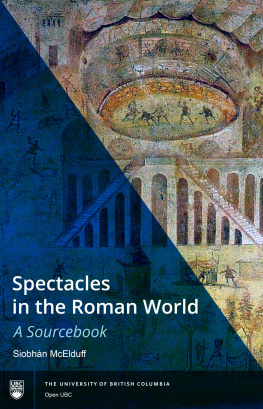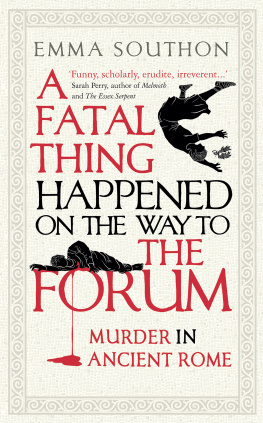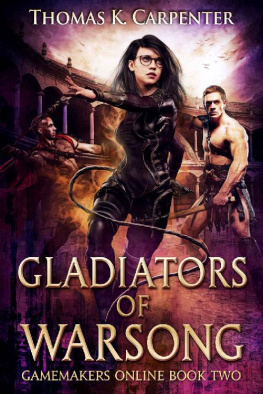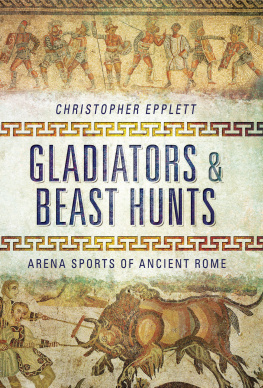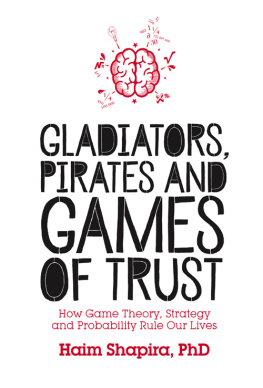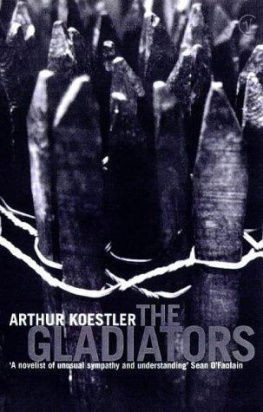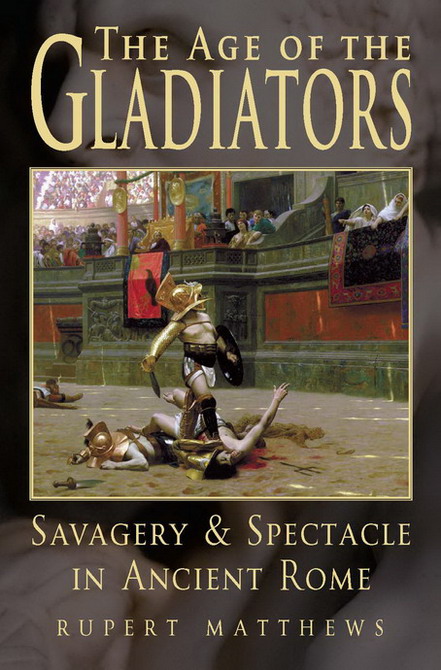
This edition published in 2011 by Arcturus Publishing Limited
26/27 Bickels Yard,
151153 Bermondsey Street,
London SE1 3HA
Copyright 2003 Arcturus Publishing Limited
All rights reserved. No part of this publication may be reproduced, stored in a retrieval system, or transmitted in any form or by any means, electronic, mechanical, photocopying, recording or otherwise, without written permission or in accordance with the Copyright Act 1956 (as amended). Any person or persons who do any unauthorised act in relation to this publication may be liable to criminal prosecution and civil claims for damages.
ISBN 978-1-84858-475-4
Edited by Paul Whittle
Cover design by Alex Ingr
Cover Image: Pollice Verso (1872) by Jean Leon Gerome,
Phoenix Art Museum, Arizona, USA/Bridgeman Art Library
CONTENTS
INTRODUCTION
THE MOB
I T WAS THE GREATEST CITY ON EARTH. And it ruled the world. A million people lived in Rome, leading their lives among the vast marble temples and in the narrow, crowded streets. Every occupation known to humanity was represented here, from ditch-digging slaves to craftsmen in exquisite gold. There were men so poor they starved in the midst of plenty and men so rich even they could not count their wealth.
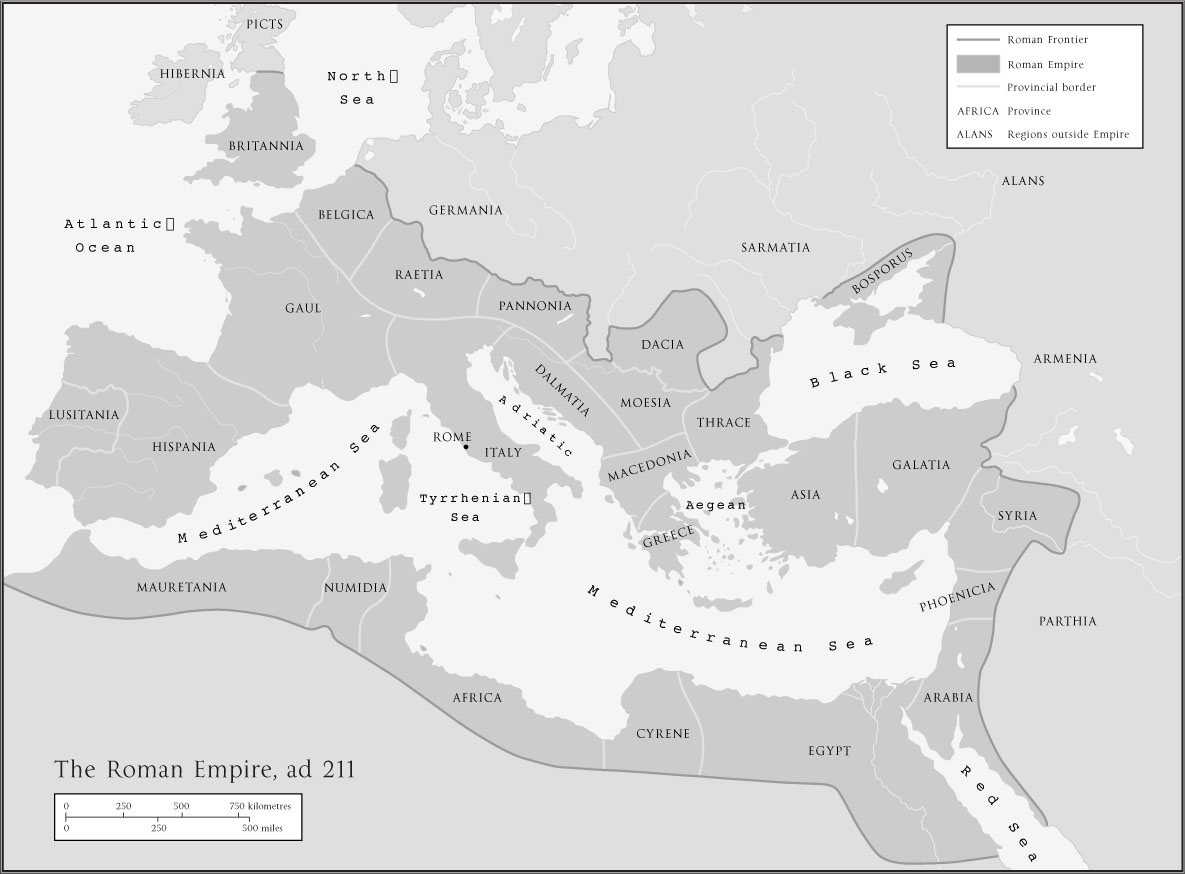
And dominating it all were the twin attractions of 'Bread and Circuses'. Free food came most often in the form of bread on a regular basis, but there were times when roast meats were on offer and a bewildering variety of soups, stews and salads. Even larks' tongues and peacocks' brains were served with no charge. The free entertainments came in even more splendid variety. Nothing could compare to the chariot racing in popularity and excitement. Nothing, except the bloody spectacles of the arena where men, women and wild beasts killed and were killed in savage, bloody combat.
Never in history has a city's citizens been given so much free food and free entertainment. Nor has the fun been so bloody, violent and vicious. The greatest buildings in Rome were dedicated to the slaughter and entertainments. The vast amphitheatre was the largest building of its time, an engineering marvel that drew crowds just to stare. The walls and staircases were decorated with sculptures and murals that would have been admired in a royal palace. Giant obelisks were dragged all the way from Egypt to adorn the chariot race tracks. The theatres were constructed so carefully that the acoustics were not bettered for over 1,500 years.
This was Rome, a city of bloodshed and laughter, of food and starvation. But why was so much wealth, time and trouble lavished on free entertainments and food? Why was Rome the city of Bread and Circuses? The answer lies in Rome's history and her society.
In 510 BC the Romans evicted their king and established a republic. All free men became citizens of Rome, and they were proud of the fact. Unlike inhabitants of neighbouring cities, the Romans did not follow the commands of a king or a tyrant. Each year they elected their own government officials, magistrates and generals. They lived in a democracy, but it was a very strange kind of democracy to modern eyes. The Romans had their own unique ideas about citizenship, its rights and its duties.
Citizens had to be men and needed to be free both of slavery and of various religious transgressions. Women were ineligible for citizenship, though they could own property and engage in business. Foreigners were also able to live in Rome and to make business deals with the full protection of Roman law, but they were not citizens. Alongside the foreigners were a host of free men, mostly former slaves or the descendants of slaves, who might be native Romans or foreigners but who were not citizens. Slaves, of course, were mere property and had few personal rights, none of which affected public life.
In the course of day to day life, these distinctions of legal status were not always clear. A citizen might run a butcher's shop next door to a freeman engaged in the same trade. Even a slave might run a shop on behalf of his master, keeping a share of profits for himself. Only when it came time for elections or if a man fell foul of the law did the legal distinctions come into play. And at that point they could be crucial. A citizen not only had an inbuilt edge in court, but he was spared the worst punishments.
At first citizenship was restricted to free men who could prove a Roman ancestry untainted by slavery or sacrilege. As time passed, however, the numbers of citizens grew enormously. During the fifth and fourth centuries bc, several nearby cities joined Rome in an alliance known as the Latin League. By 300 bc several of these cities had given up their independent status and their citizens became citizens of Rome. By the late second century bc the other cities of Italy, all now allied to or defeated by Rome, began lobbying for their citizens to become Roman citizens. After a short war in 90 bc, this privilege was extended to most Italian citizens.
Nor was the citizenship of Rome extended only to citizens of other states and cities. Free men could be granted citizenship as a reward for service in the army or the bureaucracy. Even outright foreigners could become citizens as a reward for service to the Roman state.
A key feature in Roman concepts of citizenship was that all citizens were equal in dignity and honour, concepts known as 'virtue' to the Romans, no matter how rich or poor they might be. When in a public place any citizen could address another by name and stop him for a chat. Citizens could reasonably expect their fellow citizens to know their names and be polite enough to stop when greeted, even if only for a few seconds to remark on the weather. In the early decades when only a few hundred citizens lived in Rome, most recognized each other by sight and knew at least the family name of anyone they were likely to meet.
Later, as the numbers of citizens rose dramatically, it was impossible for anyone to know all his fellow citizens by sight, but it remained a cardinal insult to forget the name of a citizen once you had been introduced. Rich businessmen and aspiring politicians took to hiring secretaries whose sole job was to follow them about and remind them of people's names.
This is not to mean that all citizens were equal. Apart from the obvious disparities of wealth, there were three distinct classes of citizenship. The most senior class were the patricians, originally a small circle of less than thirty families. These families were all able to trace their ancestors back to the days of the Kings of Rome through an unbroken chain of citizens. Some families could trace their ancestry back to the gods. The patricians alone had the right to sit in the Senate of Rome and to stand for the higher political posts. Noble ancestry was not enough, however, as candidates had to demonstrate they had a personal wealth of one million sestertii before taking office: his at a time when the weekly wage for a craftsmen would be a few dozen sestertii.
The Patrician families themselves were far from equal, and not merely in terms of wealth. In the century to 100 bc about one third of all senior public offices were held by the members of just eight families. And differences in wealth could be huge. Julius Caesar came from one of the most senior patrician families, tracing his ancestry back to the goddess Venus, but was so poor as a young man that many thought he would be unable to enter public life.
Next page
